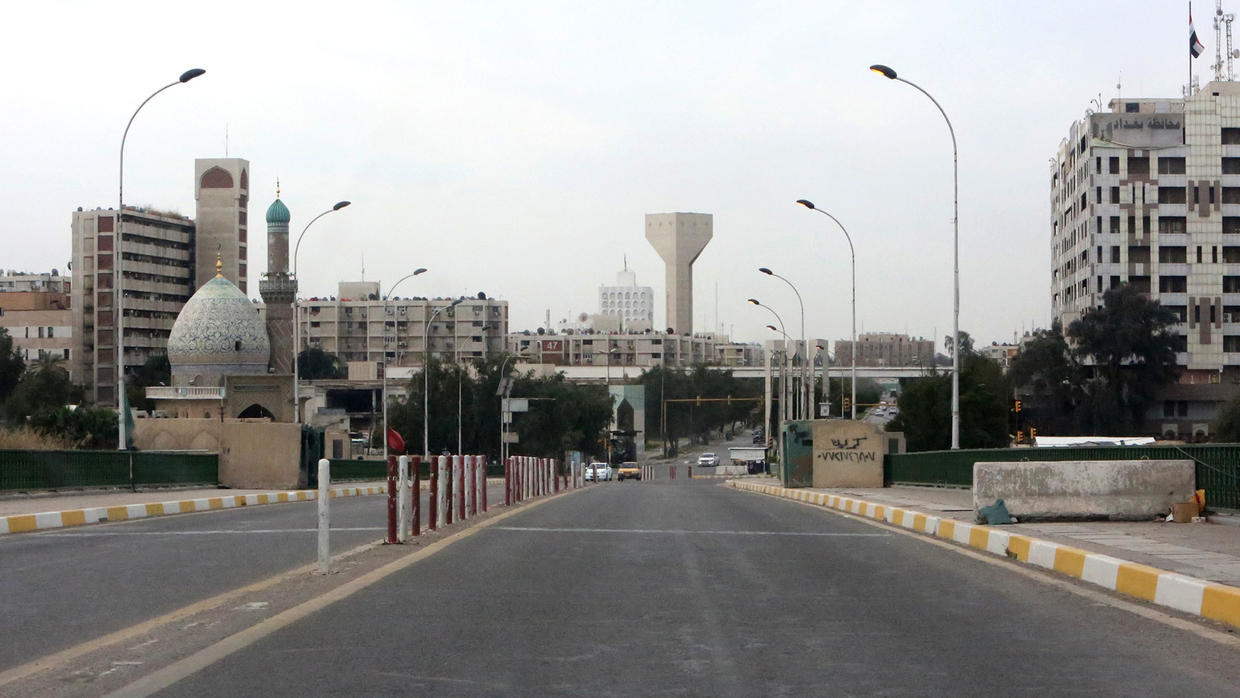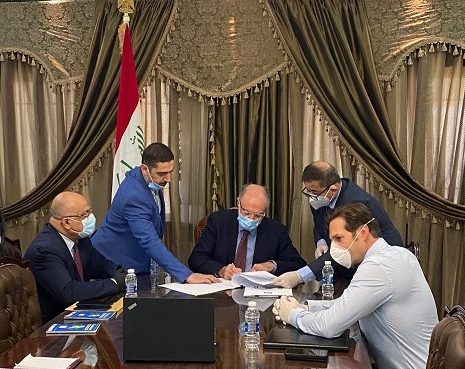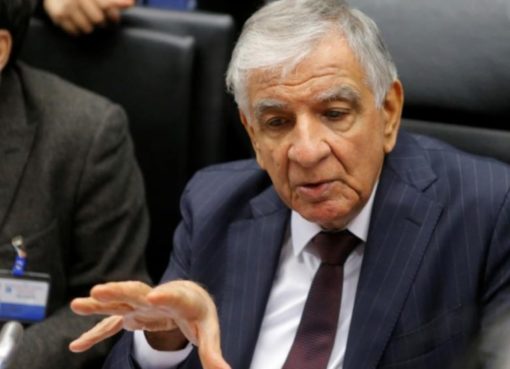Coronavirus has already ground daily life in Iraq to a halt — but disarray in Baghdad threatens to worsen the economic forecast amidst a price war that continues pinching global oil markets.
Oil prices globally plummeted by nearly half in the past week, with crude prices dipping as low as $35 a barrel as a result of a standoff between rivals Saudi Arabia and Russia.
Dependent on oil coffers to fund its federal budget, analysts say that Iraq’s political deadlock stands in the way of Iraq getting through tough economic waters ahead.
Already three months into the year, Parliament has yet to decide on a budget plan for 2020 – and budget cuts necessitated by the plummeting price of oil could threaten to turn the annual budget tango into an exercise in futility.
“If the current crisis of oil continues, the Iraqi parliament will be unable to approve the 2020 budget plan,” Haitham al-Jiboury, the head of the Iraqi parliament’s finance committee told Rudaw English in a telephone interview.
Iraq’s 2019 plan hinged on exporting 3.88 million barrels per day at a price of $56 per barrel to fund the 133 trillion dinars ($111 billion USD) federal budget.
Jiboury told Rudaw English that if prices stabilize, he foresees a deficit of around 50 trillion dinars ($42 billion USD) – however, if prices remain this low, that deficit could rise to more than IQD 100 trillion.
The price crisis began with a dispute between Saudi Arabia and Russia. For years, the oil giants coordinated their production benchmarks through a deal known as OPEC+. As global demand has shrunk due to the coronavirus outbreak, Saudi Arabia proposed cutting production to meet the reduced demand.
Russian companies are struggling under US sanctions to find buyers for its oil on the global market, and refused to go ahead with the Saudi proposal to cut its production.
Saudi Arabia then responded by raising the stakes, flooding the market with low-priced oil. Crude prices plummeted to $35/barrel — according to Bloomberg, the biggest one-day drop since the 1991 US-led invasion of Iraq, codenamed Operation Desert Storm.
Oil revenues account for roughly 90 percent of Iraq’s yearly budget, according to data from the UK-based Iraq Energy Institute.
Despite resigning in December, Adil Abdul-Mahdi still serves as interim prime minister amid popular protests that have raged in Iraq’s southern and central provinces since October 2019, demanding the ouster of political elites and an overhaul of the political system.
“The current Iraqi government is a caretaker cabinet, therefore it cannot send any budget plan to the parliament, and a new cabinet is responsible to make that happen,” says Ahmed Haji Rashid, a Kurdish lawmaker who sits in the finance committee.
However, Rashid is even less optimistic than al-Jiboury. Now in his tenth year as a member of Iraq’s Council of Representatives, he believes it likely that the parliament may drag its feet well into 2020 without approving a budget.
Every passing year sees a tedious and prolonged debate over Baghdad’s federal budget, and with each passing week mounting speculation on the disaster that could unfold if an agreement can’t be reached. That only happened once – in 2014, when a budget deal couldn’t be reached due to low oil prices.
If Saudi Arabia and Russia failed to reach an agreement by this summer, Iraq could find itself in the “worst situation in years,” Baghdad-based geopolitical analyst Noam Raydan warns.
“Iraq has been promising to diversify its economy and be less dependent on oil for years, but nothing has changed so far — that is why the current crises are still affecting Iraq’s economy,” Raydan added.
Raydan believes that regional instability and the low price of oil – combined with coronavirus threats and protests ongoing for months may make reaching an agreement on this year’s budget an impossibility.
“It is too early to talk about a budget deficiency,” Iraq’s Oil Ministry spokesperson Assim Jihad told Rudaw English on Wednesday. “This crisis will pass and oil prices will change positively for Iraq,” Jihad said.
Source: Rudaw
https://www.rudaw.net/english/middleeast/iraq/corona-oil-iraq-economy-crisis








Comment here